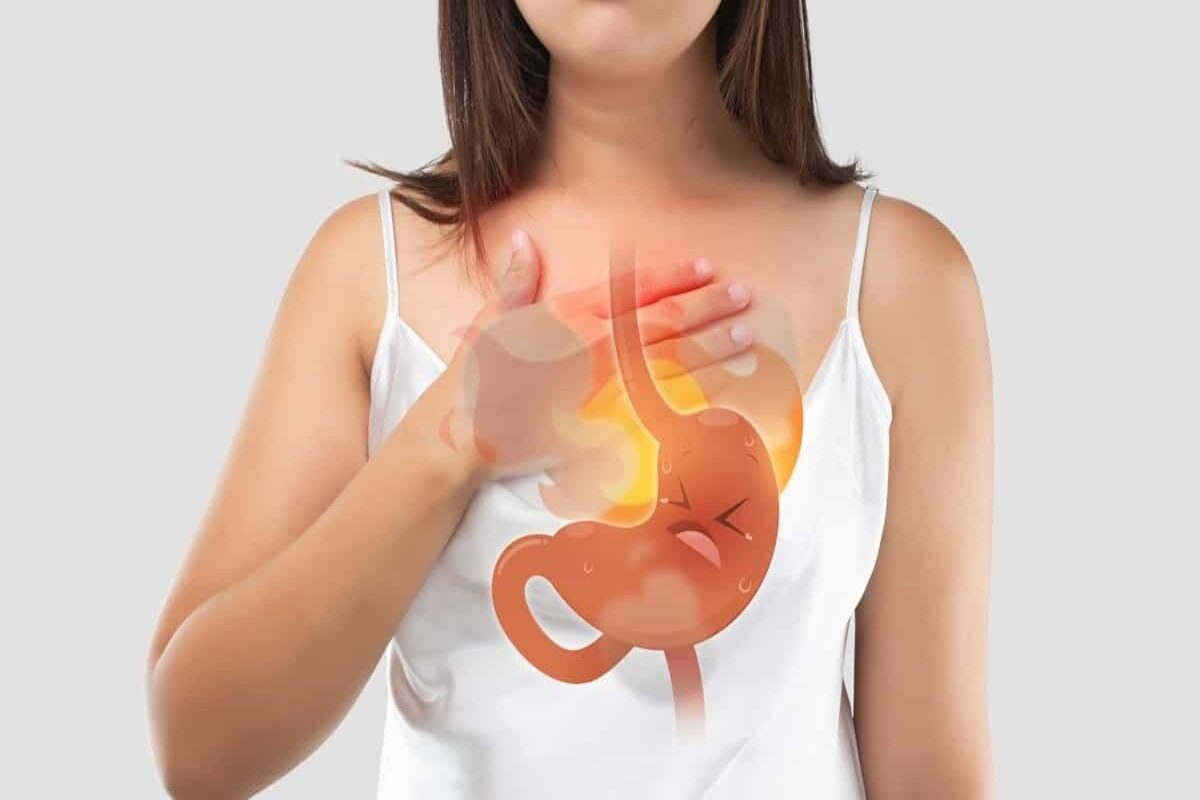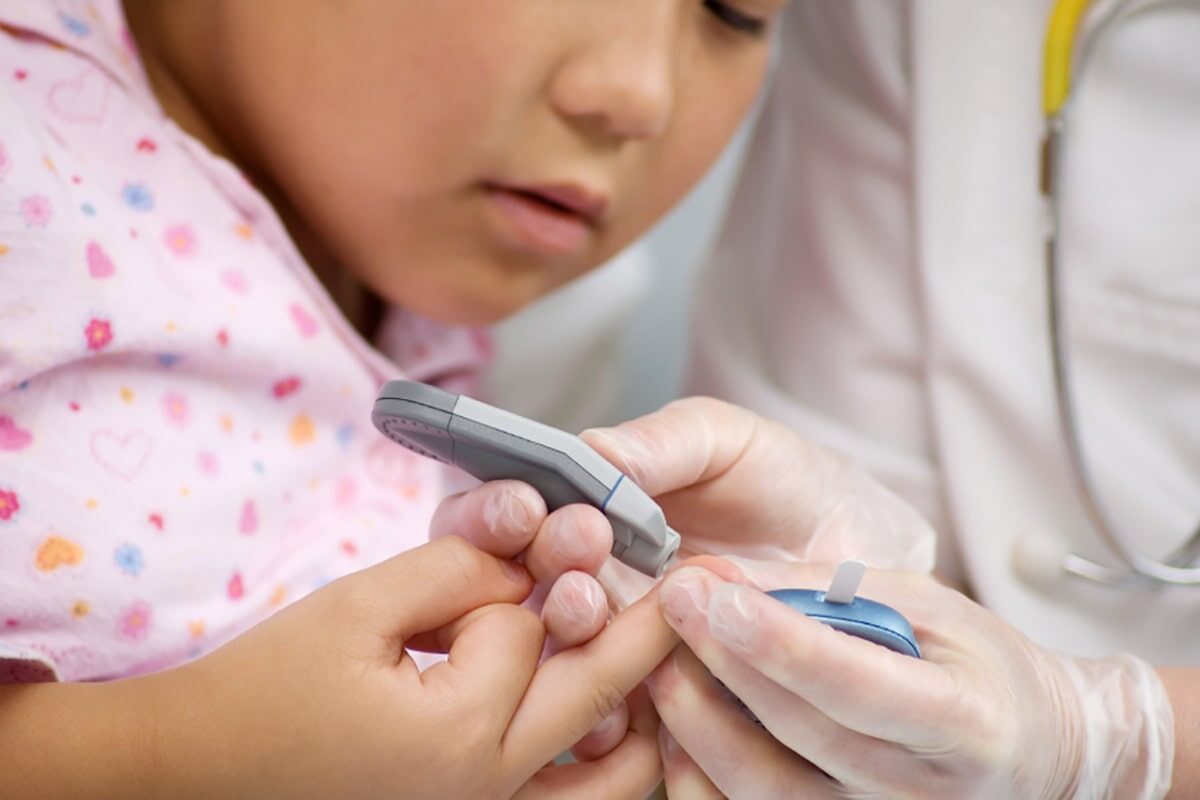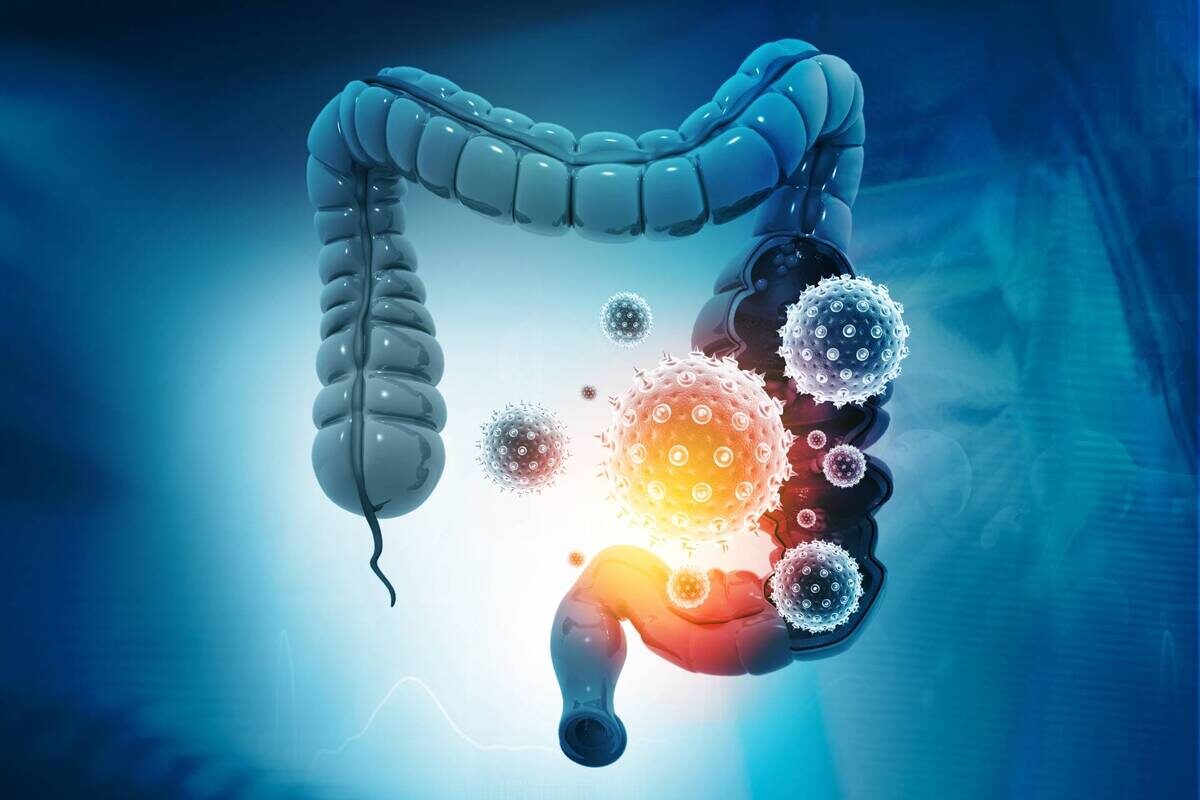Millions of people around the globe are taking heartburn and indigestion medications known as proton pump inhibitors (PPIs). These drugs neutralize the acid in the stomach and are widely prescribed by the physicians, with low doses available even without prescription.
However, Ziyad Al-Aly, an epidemiologist from the University of Washington and co-author of a study said, “We saw a small excess risk of dying that could be attributed to the PPI drug, and the risk increased the longer anyone takes them. The risk is also higher in those who take the drug unnecessarily.”
The team of researchers followed 350,000 American participants of different age and sex for five years and compared those taking PPIs with those taking another acid suppressant like H2 blocker. The individual condition of the participant like high blood pressure or HIV was also taken into account.
The results revealed a 25% higher risk of death in those who took PPIs than those who took H2 blocker; 15% higher risk than those not taking PPIs and 23% higher risk than those not taking any acid suppressant.
Gareth Corbett, a gastroenterologist from Addenbrooke’s hospital in Cambridge cautioned against the panic created by this study, as he believes in the effectiveness of PPIs in controlling bleeding in gastric ulcers.
However, Corbett and the researchers agreed on the use of PPIs only when necessary and advised patients to stop using them when not required, after consulting the physician.



